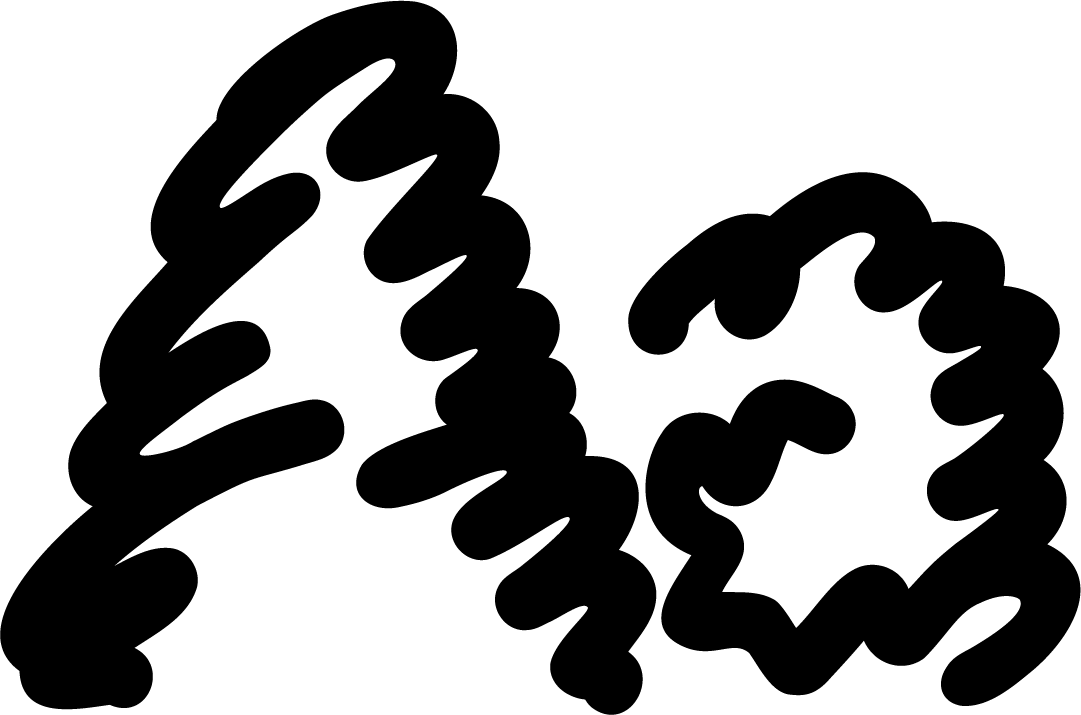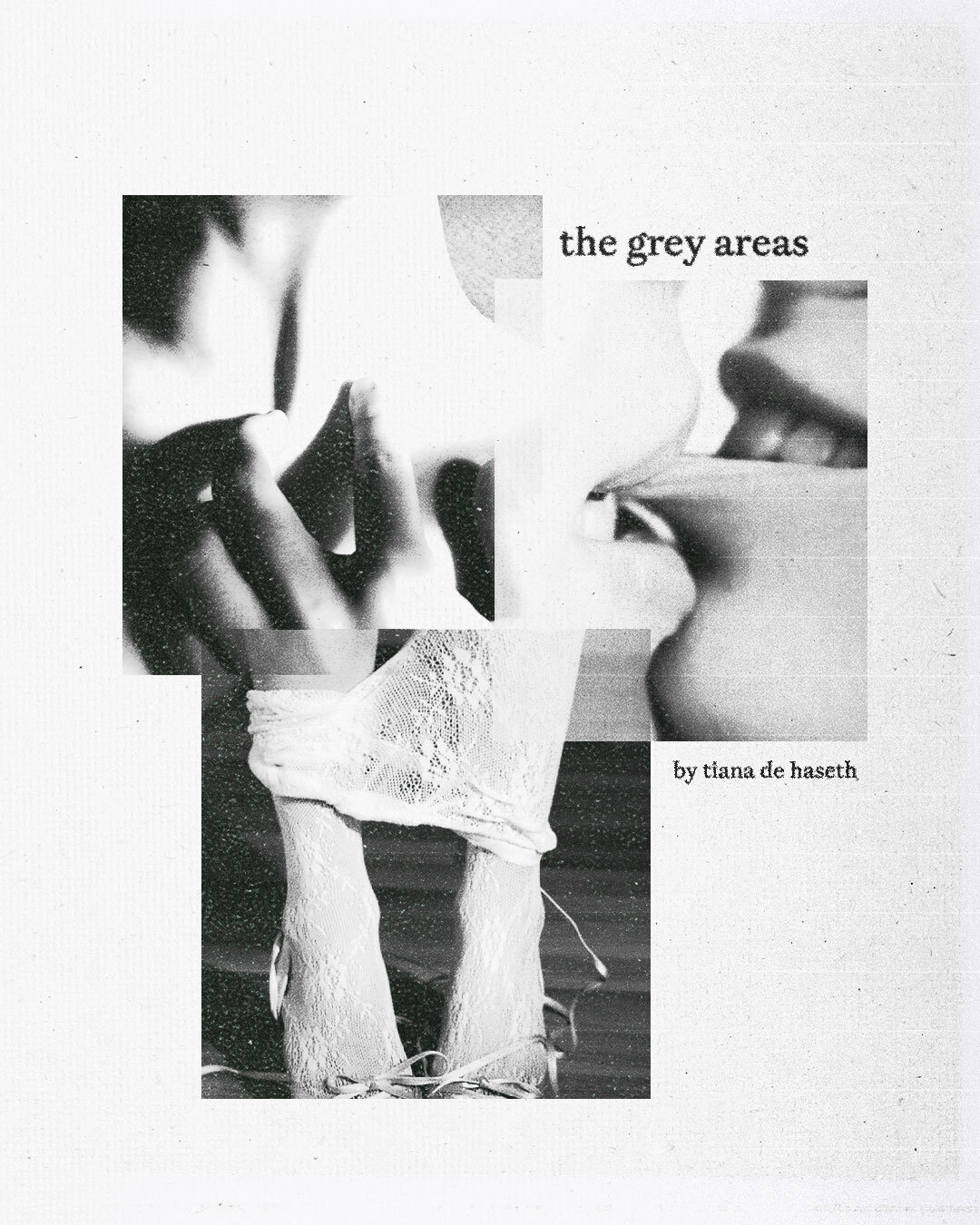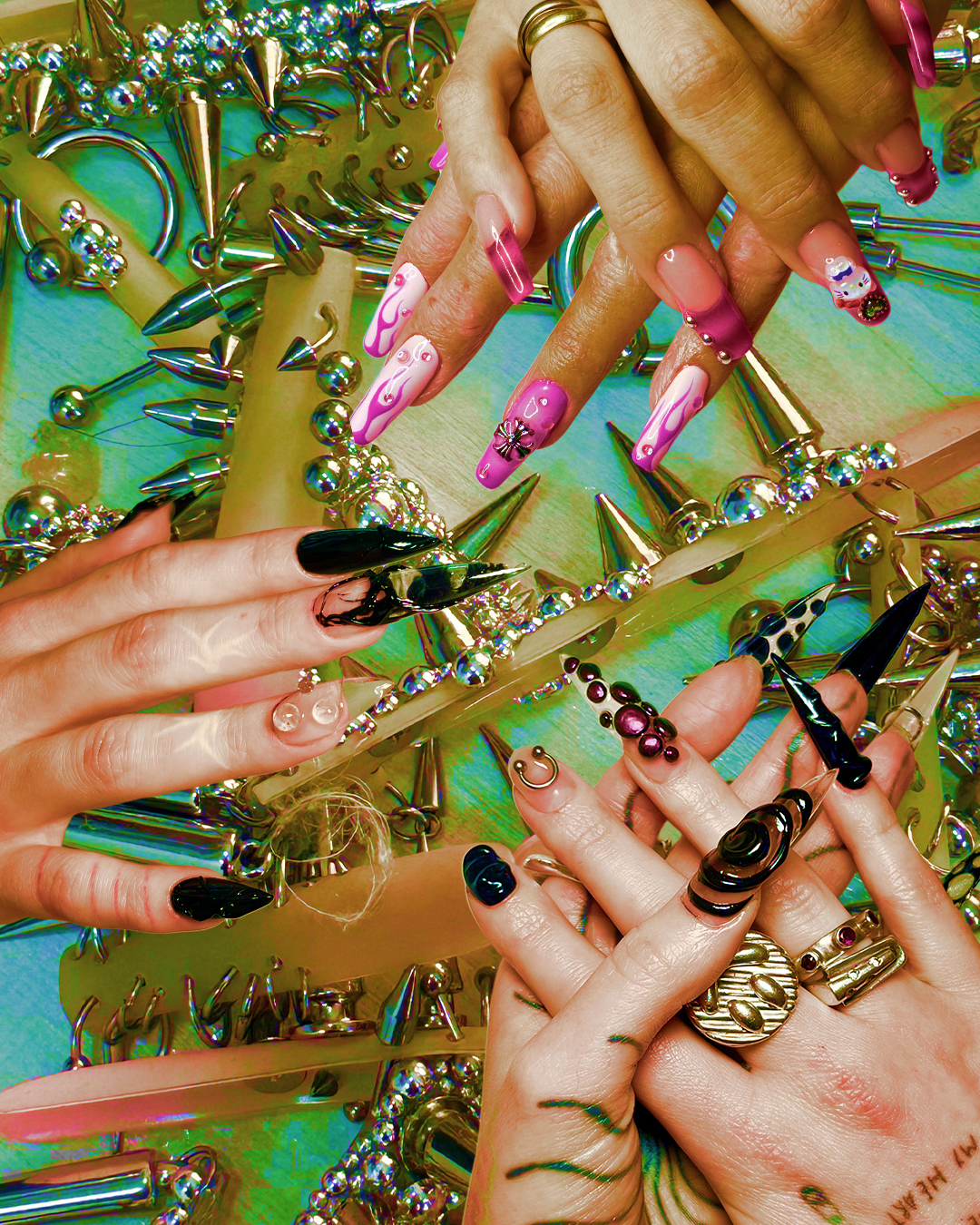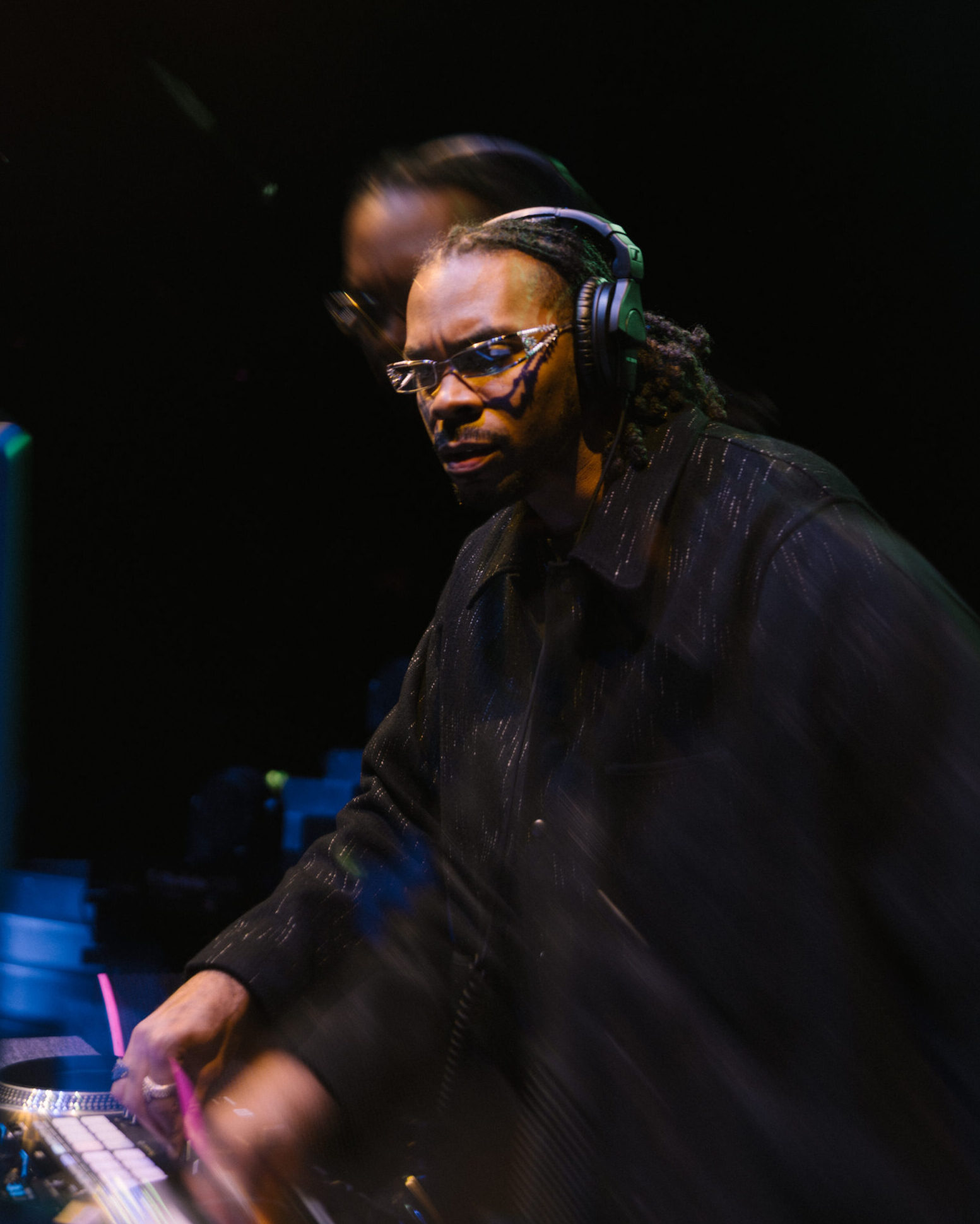On STIs, open conversations, stigma, and testing
I always believed that dating and sex come with a fair amount of challenges in life, and yet somehow living in Amsterdam, a city known for its open-mindedness, we still avoid talking about the things that actually mess with us. This is where The Grey Areas lies — a column about the messiness, chaos, and taboo topics that shape modern dating and intimacy. It’s the conversations we have with our friends, but not with our partners, and the truths we face but do not talk about.
As I’m lying in bed with a man I’ve been dating for a week, his shirt coming off as he reaches for mine, I already know where this is heading. So I cut through the heat, pause the makeout session, and ask the question that always makes or breaks the moment:
“When was the last time you got tested?”
He raises his eyebrow in genuine confusion — maybe even offense.
“Tested? I’ve never been tested. I’m pretty sure I don’t have anything”, he says.
There was no hesitation in his voice; not only did he not ask me back, but the moment also got very awkward. You see, he’s probably the type of person who thinks STIs are rare, or perhaps he wasn’t educated enough. But then again, so did I at one point. Maybe I still wanted to believe it in that moment, if only it would have made the awkwardness easier. And to not make the moment more awkward than it already was, I still slept with him. I wasn’t proud of it, and I definitely woke up the next morning and immediately made an appointment for a test.
For a generation that claims to be sex-positive, we’re still weirdly afraid of one of the most basic sexual health questions. We’ll talk about our kinks, about our traumas, about our exes, but always leave out the STI talk, because somehow asking “When was your last test?” when we’re dating someone always feels like a scary line to cross.
See, the thing about STIs is that you can never be “pretty sure”. An RIVM report says that in 2022, 164,000 people walked into Dutch Sexual Health Centres to get tested. 21% of them left with an STI diagnosis, which was higher than the year before. Chlamydia cases alone jumped 21%, gonorrhoea 33%. Even as testing expands, the infections keep climbing. In 2022 and 2023, the Dutch government even encouraged the youth to get the HPV vaccine by offering free vaccination without needing an appointment.
Reading those numbers made me think about every single guy I’ve been with who never brought up the conversation or shrugged off the idea like it was only other people’s problem. And all the times I swallowed the question just to keep things less awkward.
So it’s just not just other people. It could be your situationship, your next Tinder date, or the girl you brought home from a night out.
The irony is that, with the rise of hookup culture among youth, STIs are still taboo to talk about. Every time I brought up the topic of STIs with friends or partners, it felt like I was oversharing something I was supposed to keep to myself. Isn’t it weird how the more open-minded we become, the less we want to talk about the inevitable risks that come with our sexual openness?
I’ve always wondered why the stigma is still alive, especially now. Maybe it’s because sex ed failed us, or maybe because we grew up on movies that turned STIs into punchlines. In one of the most popular chick flicks of all time – Mean Girls – the athletic coach warns : “If you do touch each other. You will get chlamydia and die.” We all laughed at that scene, but perhaps we also internalized it. At least I did, for a while, when I wasn’t properly educated on what STIs actually were until catching it myself for the 1st time. I was about 20 years old when it happened, and realized that all it actually took was a prescription, and a week of antibiotics and not death. Just a clinic visit and a lesson in how bad the shame is than the infection itself. If only Coach Carr could know I’m chlamydia-free and very much alive and healthy.
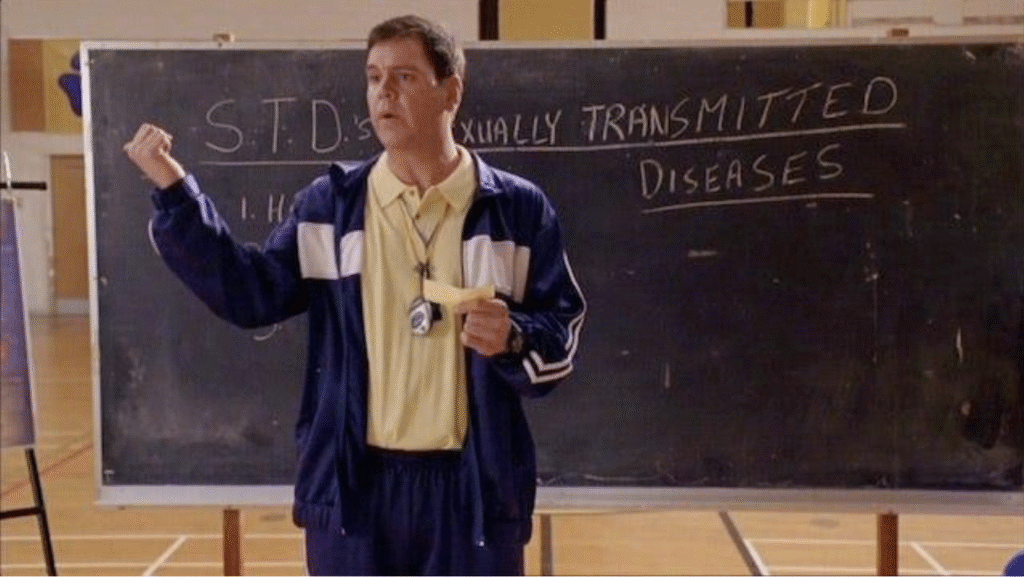
Mean Girls (2004)
But STIs are more common than you think. It’s something you’ve already had, or may get one day. A condom will not protect you from all STIs — skin-to-skin contact will be enough for you to get it, especially because many of the common infections can show up with no symptoms. You could have something and never know it, and so could the person you’re sleeping with.
The stigma of STIs has been running for too long, being framed as dirty or as the result of being promiscuous, which adds unnecessary stigma and shame to those infected. More shame means fewer people are willing to have conversations about STIs. They assume others are getting regularly tested, or many just don’t get tested at all because they don’t show any symptoms — but your regular STI test doesn’t even include common infections like HPV or herpes, either because they’re too expensive or because they’re considered so widespread that clinics treat them as inevitable.
The problem in the end isn’t the infections themselves, because many are treatable, manageable, and way less dramatic than the stigma portrays them to be. It’s the conversations we have — or don’t have — about STIs. It’s the silence that keeps people ignorant, keeps them from getting tested, spreads infections further, and feeds the cycle of stigma. So, if I can go back to the night I still decided to sleep with the guy I was dating, I would still ask him the question…but this time I wouldn’t let his answer slide. I’d have a proper conversation about it instead of fearing the moment might become more awkward.
In the Netherlands, STI testing (SOA tests) is free at the GGD until you’re 25 – and being honest is free forever. So take advantage of it! Book the appointment. Ask the question before you hook up. Say when you were last tested, and disclose your STI even if no one else does. Because the more we talk about it, the less shame there is and the less shame there is, the safer we all are because surely if we can f*ck, we can talk about STIs.
